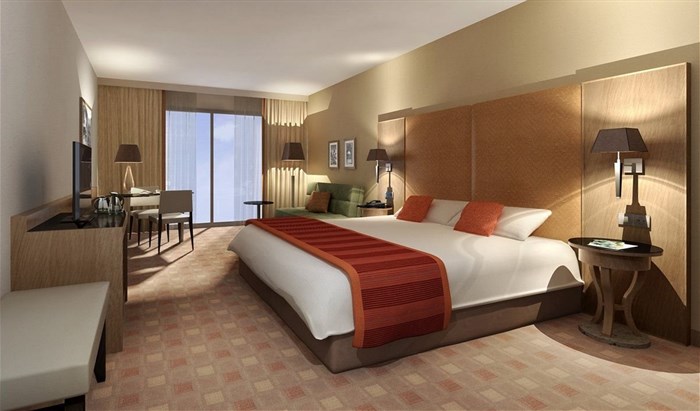
Related
Top stories






More news
















Logistics & Transport
Uganda plans new rail link to Tanzania for mineral export boost










The data, measured in nominal terms (current prices), shows that total income for the tourist accommodation industry increased by 2 027,7% in May 2021 compared with May 2020.
In May 2021, all accommodation types recorded large positive year-on-year growth in income from accommodation. The largest year-on-year increases in income from accommodation were reported by caravan parks and camping sites and guest-houses and guest farms.
According to Investec economist, Lara Hodes, the spike is in part thanks to pent-up demand from households, and that pent-up demand by households with accumulated savings has helped buoy the sector. However, Hodes says that many consumers remain financially distressed and wary of travel vaccination rates, with unemployment at a historically elevated level and high administered prices continuing to dilute disposable incomes.
The data also shows that income from accommodation increased by 2 383,1% year-on-year in May 2021, the result of a 2 098,5% increase in the number of stay unit nights sold and a 13,0% increase in the average income per stay unit night sold.
The main contributors to the year-on-year increase in income from accommodation in May 2021 were hotels and ‘other’ accommodation.
Income from accommodation increased by 94,6% in the three months ended May 2021 compared with the three months ended May 2020.
The largest contributors to this increase were:
• Hotels (78,9% and contributing 51,8 percentage points); and
• 'Other' accommodation (117,2% and contributing 34,6 percentage points).
Seasonally adjusted income from accommodation decreased by 2,6% month-on-month in May 2021.
The largest negative month-on-month growth rates were recorded for:
• 'Other' accommodation (-7,0%);
• Caravan parks and camping sites (-6,5%); and
• Hotels (-1,5%).
According to Hodes, reviving SA's tourism sector is a key priority for government, owing to its potential to absorb many low skilled workers and its strong linkages with other sectors of the economy. However, recent riots would have had an impact on revival efforts, she adds, saying that the recent unrest in the country will have negatively affected SA's brand. This, during a time when it is more difficult to attract foreign travellers who are opting to rather travel closer to home and to countries with high vaccination rates.
Hodes further states that political and economic stability, coupled with a hastened vaccination rollout, is imperative to boost confidence and attract visitors. She foresees that the adjusted lockdown level to curb the third Covid-19 wave, restrictions on travel to and from Gauteng and the alcohol ban will have a further negative impact on the already battered tourism sector in the near term.